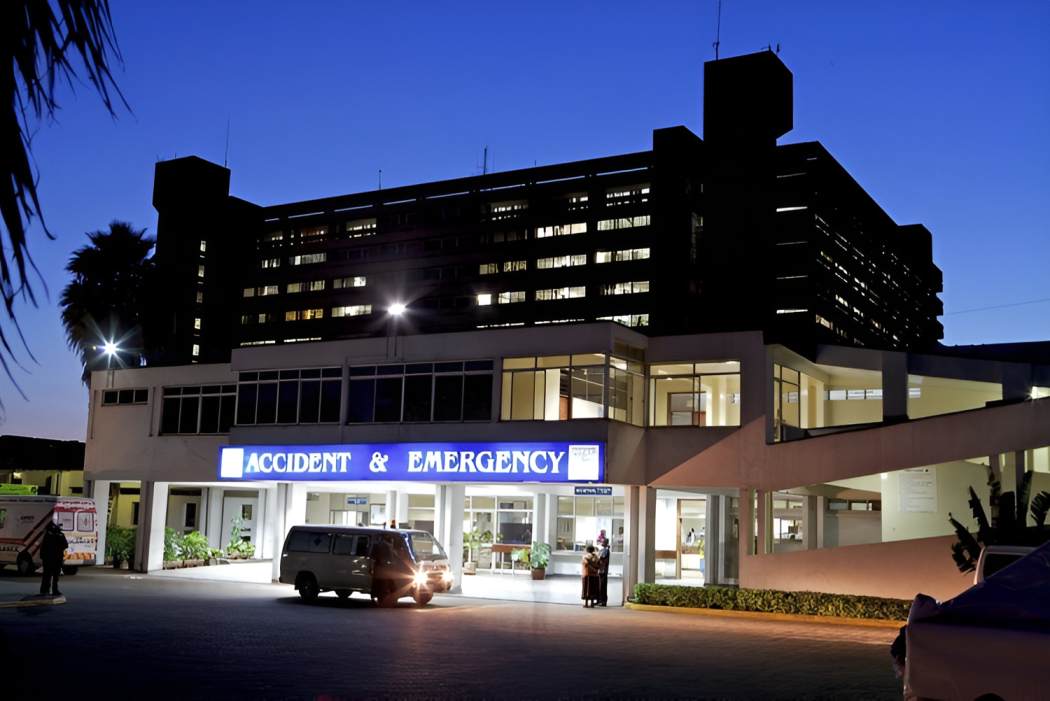Every year, hundreds of children born with heart defects in Kenya face a painful wait for surgery, a wait that, for many, ends in tragedy. At Kenyatta National Hospital (KNH), where most of these young patients are referred, only a small number make it to the operating table.
A recent joint study by the University of Nairobi and KNH has revealed that more than a third of children with congenital heart disease (CHD) die before receiving treatment.
The researchers reviewed 1,703 patient records covering admissions between January 2016 and December 2021 and found that 36.1 per cent of the babies died within a year of diagnosis.
Led by Dr Bonface Osano, a paediatric cardiologist and lecturer at the University of Nairobi, the team found that 62.9 per cent of the patients recommended for surgery never underwent the procedure.
Only 37 per cent received surgery within one year. Those who did waited an average of 59 days, while patients lined up for catheterisation had to wait about 95 days. For those referred abroad, the delay was even longer — nearly 349 days before treatment.
“The lengthy time period between diagnosis and intervention is mainly due to issues related to access and affordability,” the report said. “Delayed diagnosis and long waiting time to intervention may lead to deaths before intervention is undertaken or poor outcomes when the intervention is finally undertaken.”
Congenital heart disease is among the most common birth conditions, affecting eight to fifteen babies in every thousand live births globally, according to the World Health Organization.
The condition includes a wide range of structural heart problems that interfere with normal blood flow, some of which can be corrected through surgery or catheter procedures.
The findings are part of a report titled One-year outcomes and intervention waiting time of patients admitted with congenital heart disease at Kenyatta National Hospital, Kenya, published online ahead of journal release.
KNH remains one of only three public hospitals in Kenya equipped to handle paediatric heart surgeries, alongside Moi Teaching and Referral Hospital in Eldoret and Coast General Teaching and Referral Hospital in Mombasa.
However, the study did not fault KNH for the delays, noting that limited specialists and overwhelming patient numbers are major challenges.
Many children, the report added, reach hospital when the disease has already advanced, leaving doctors with few options. “At diagnosis, 57 were deemed inoperable and were counselled on palliative care,” it stated, meaning doctors could only manage their symptoms rather than repair the heart.
The researchers pointed out that Kenya’s limited diagnostic facilities and high treatment costs worsen the problem, forcing many families to wait too long for help that may never come.
